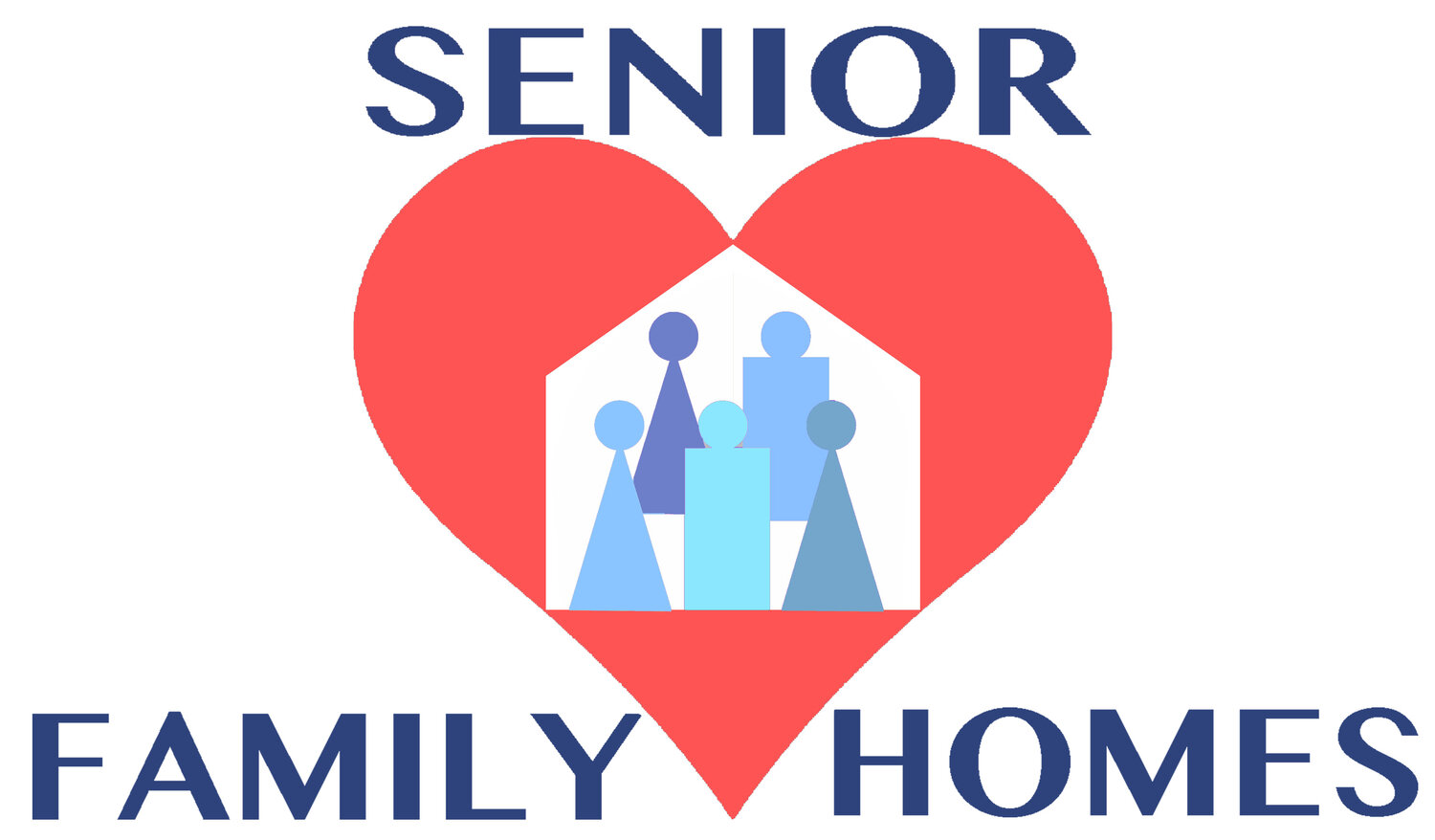The Biggest Retirement Expenses
Most of the expenses of retirement you already pay for such as utilities, mortgage and travel. You incur the same expenses during retirement as you do in your working years. However, the three big expenses are health care, long-term care and housing may increase your cost of living expenses when you retire. Planning in advance is key to maintaining a a life style you are comfortable with.
HEALTH CARE
If you are healthy when you retire, healthcare cost won’t change too much. Close to 80 is when your costs with jump, according to AARP.
It is no secret health care cost is high even with Medicare. Medicare Part A covers hospital stays, and Part B covers doctor visits. Other routine services such as dental, hearing, vision and prescription drugs are covered only through supplemental plans.
According to Schwab.com, you can buy a private Medicare Advantage plan, which bundles parts A and B and can include dental, hearing, and vision care. It's important to understand that each approach may come with costs and trade-offs. Medigap plans, for instance, may mean fewer out-of-pocket expenses but generally have higher premiums. Medicare Advantage, on the other hand, may have lower premiums but could involve more out-of-pocket expenses.
Inflation is a contributing factor to higher costs. According to AARP, health care costs will climb about 5 percent annually over the next 30 years.
LONG-TERM CARE
70% of todays 65 years olds will require some kind of long-term care, according to U.S. Department of Health and Human Services. The average cost of an in-home health aide is $61,776. Some may be able to reduce this cost by relying on a family caregiver. However, be aware of the potential emotional cost of relying on family caregiving.
You may opt to pay out of pocket. For many it may be too much. Long-term care insurance is a good way to fund quality care without breaking the bank.
HIDDEN HOUSING EXPENSES
80% of those ages 65 and older own their homes, according to Joint Center for Housing Studies of Harvard University. Most retirees overlook the potential cost of home improvement. If you plan on aging in place there may be additional costs such as wheel chair accessibility and other disability related renovation costs.
Most elderly are not in shape for the regular maintenance of a home such as gutter cleaning, window washing and mowing the lawn. Hiring help that can take care of those maintenance needs will be necessary.
It is impossible to plan for all the curve balls, but financial planning can make unexpected costs manageable.
Source Material:
https://www.schwab.com/learn/story/5-surprise-retirement-expenses
https://www.aarp.org/money/budgeting-saving/info-2023/most-common-underestimated-expenses.html


